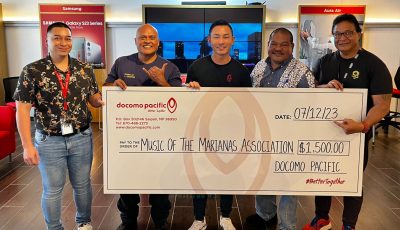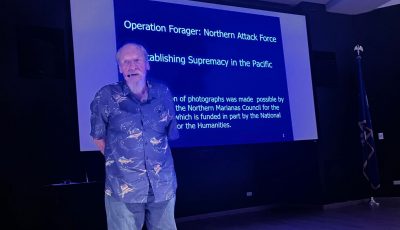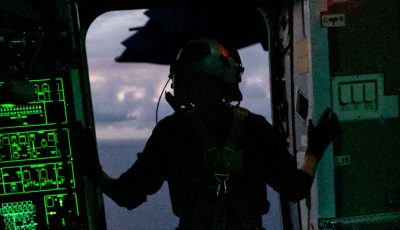Docomo Pacific lobbies against US bill
Docomo Pacific is lobbying against a bill now pending in U.S. Congress that would limit providing telecommunication services to the U.S. Department of Defense personnel and first responders only to U.S. carriers.
In a short interview with Docomo Pacific CEO Roderick Boss, the U.S. House of Representatives is getting ready to submit their version of the National Defense Authorization Act that includes a provision that would only allow U.S.-owned carriers to provide DOD and first responders telecommunication services like FirstNet.
Docomo Pacific is owned by NTT Docomo, which is a Japanese-owned company.
Boss said that Guam Delegate Michael San Nicolas (D-GU) supports H.R. 2500.
Docomo has persuaded DOD personnel in Guam and supporters from the Guam community to write to San Nicolas to encourage him to withdraw his support for the provision. Boss says that provision would affect both Guam and the CNMI, where Docomo would soon be deploying the FirstNet platform, a specialized network for first responders.
Boss is also urging members of the CNMI community to write to Delegate Gregorio Kilili C. Sablan (Ind-MP) in support of Docomo’s cause as it is Docomo’s main goal is to provide the same FirstNet services to the CNMI.
Boss explained that, since Docomo Pacific Inc.’s parent company, NTT Docomo Inc., is based in Tokyo, Japan, the proposed bill, if approved, would jeopardize the FirstNet contract, among other business in Guam.
That means the FirstNet system will not be implemented in the CNMI and Boss said Docomo is committed to deploying the FirstNet platform to the CNMI as the islands are prone to experiencing major typhoons. FirstNet would ensure that first responders, like DOD personnel, can communicate on one platform without disruptions.
H.R. 2500 states, in part, that DOD “shall only award contracts for the procurement of telecommunications services or the installation of telecommunications infrastructure on national security installations on territories of the United States located in the Pacific Ocean to allowed contractors.”
The bill defines “allowed contractors” as an entity that is “100% owned by persons located in the United States that has submitted an offer for a contract let by the Department of Defense; or an entity that is 100% owned by persons located in the United States or in a covered foreign country that has submitted an offer for a contract let by the Department of Defense.”



























